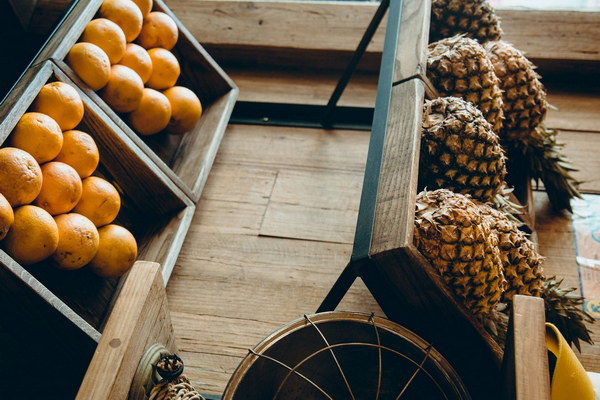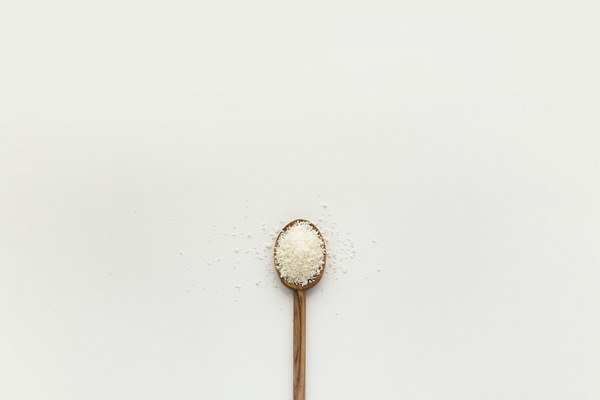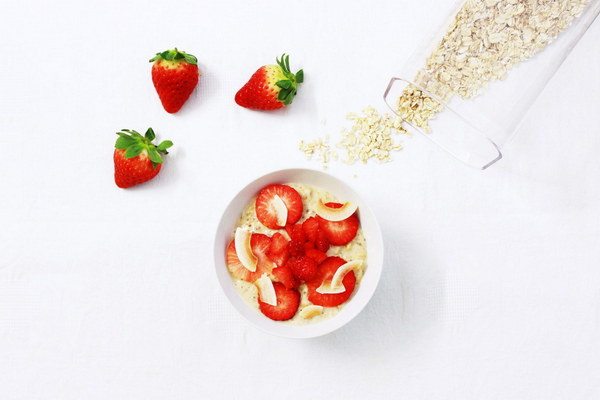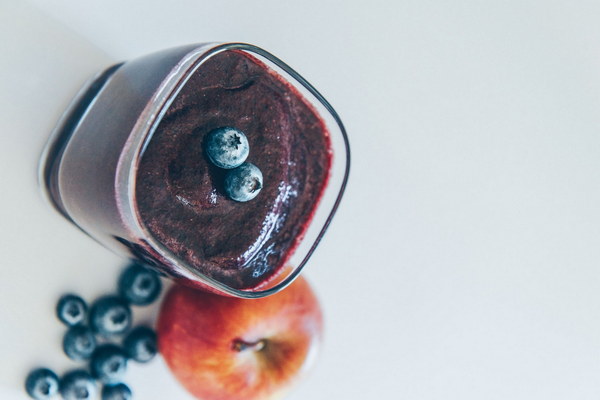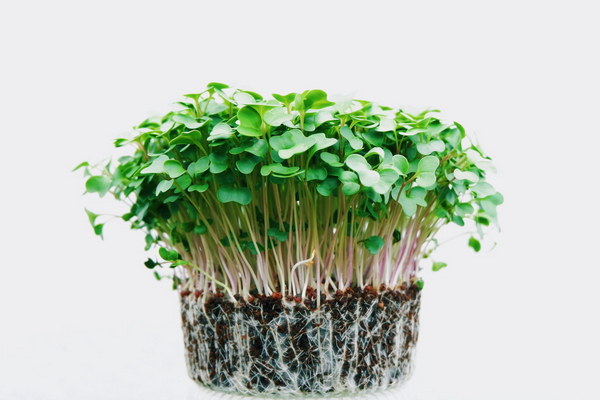The Traditional Chinese Herb Formula Qinghao Biejia Decoction A Natural Remedy for Dampness Relief
In the realm of traditional Chinese medicine, the Qinghao Biejia Decoction stands out as a time-honored herbal formula that has been used for centuries to alleviate dampness-related conditions. Dampness, according to Chinese medical theory, is an imbalance in the body's fluids that can lead to a host of health issues, from joint pain to digestive disorders. This article delves into the origins, ingredients, and therapeutic benefits of the Qinghao Biejia Decoction, showcasing its role as a natural remedy for dampness relief.
Origins of Qinghao Biejia Decoction
The Qinghao Biejia Decoction has its roots in the classical Chinese medical text Shang Han Za Bing Lun, compiled by the renowned physician Zhang Zhongjing during the Eastern Han Dynasty (25-220 AD). The formula is named after its primary ingredients, Qinghao (sweet wormwood) and Biejia (oyster shell), which are combined with other herbs to create a harmonious blend that targets dampness.
Ingredients of Qinghao Biejia Decoction
The formula consists of the following key herbs:
1. Qinghao (sweet wormwood): Known for its cooling properties, Qinghao is believed to expel heat and dampness from the body, making it an essential component in treating damp-heat conditions.
2. Biejia (oyster shell): This ingredient is thought to strengthen the kidneys and alleviate dampness, particularly in the lower limbs.
3. Sheng Di Huang (raw rehmannia): A nourishing herb that helps to replenish the body's Yin and blood, which are often depleted in dampness-related conditions.
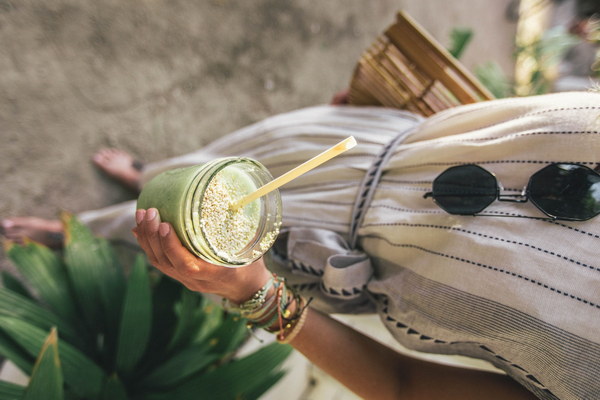
4. Dan Pi (red peony root): This herb is used for its anti-inflammatory properties and its ability to clear heat and dampness.
5. Zhi Gan Cao (licorice root): A harmonizing herb that helps to balance the formula and enhance its effectiveness.
Therapeutic Benefits of Qinghao Biejia Decoction
The Qinghao Biejia Decoction is particularly effective in treating the following dampness-related conditions:
1. Arthritis and Joint Pain: Dampness can accumulate in the joints, leading to inflammation and pain. The formula's ability to expel dampness and reduce inflammation makes it a suitable treatment for arthritis and other joint-related issues.
2. Digestive Disorders: Dampness can affect the digestive system, leading to symptoms such as bloating, constipation, and diarrhea. The formula helps to regulate digestion and alleviate dampness-related digestive problems.
3. Skin Conditions: Dampness can manifest as skin issues, such as eczema or psoriasis. The Qinghao Biejia Decoction is believed to clear dampness from the body, improving skin health.
4. Fatigue and Weakness: Dampness can lead to a feeling of constant fatigue and weakness. The formula's ability to expel dampness and replenish Yin and blood can help to restore energy levels.
How to Use Qinghao Biejia Decoction
To use the Qinghao Biejia Decoction, follow these steps:
1. Prepare the Ingredients: Obtain the necessary herbs from a reputable source or consult with a licensed herbalist.
2. Prepare the Decoction: Follow the specific instructions provided for each herb, including the amount to use and the duration of cooking.
3. Take the Decoction: Drink the decoction as directed by your healthcare provider. It is often taken in divided doses throughout the day.
4. Monitor Your Progress: Keep track of your symptoms and consult with your healthcare provider if you experience any adverse reactions or if your symptoms worsen.
Conclusion
The Qinghao Biejia Decoction is a testament to the efficacy of traditional Chinese medicine in treating dampness-related conditions. With its natural ingredients and targeted therapeutic approach, this formula offers a safe and effective alternative for those seeking relief from dampness without resorting to synthetic medications. As always, it is essential to consult with a healthcare provider before beginning any new treatment regimen to ensure its appropriateness for your specific health needs.
